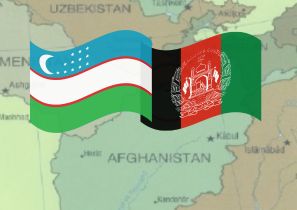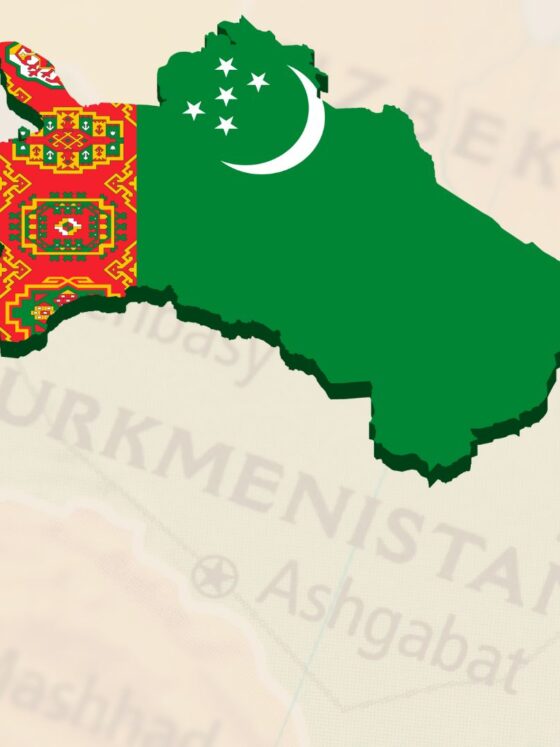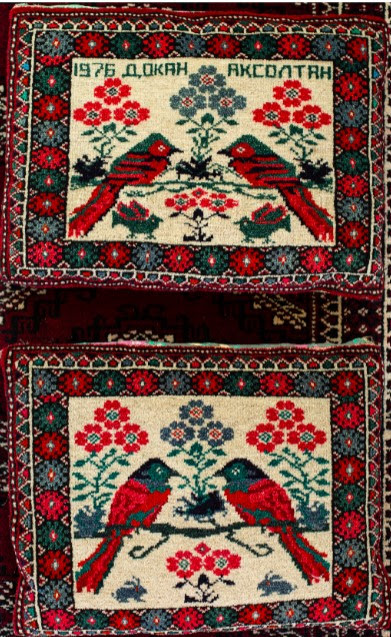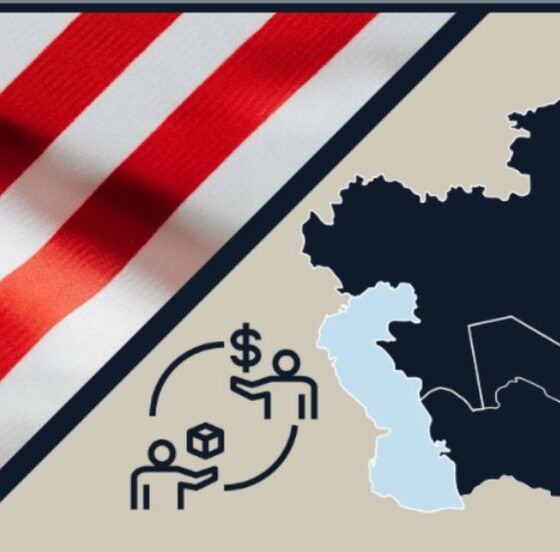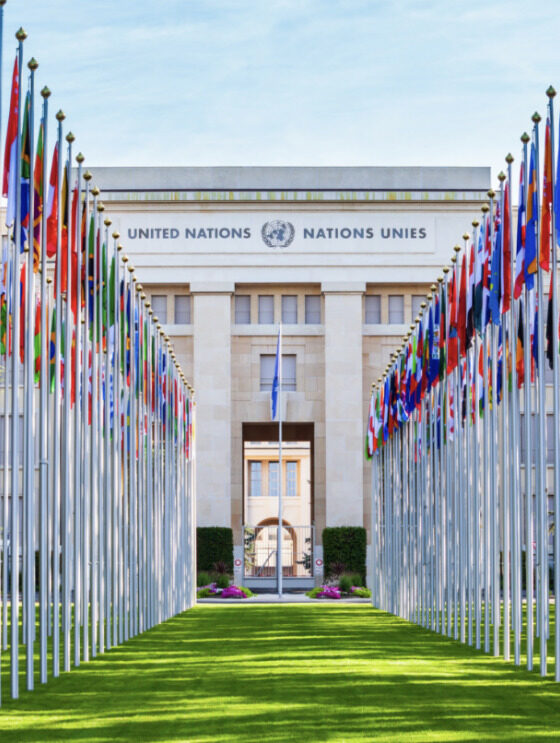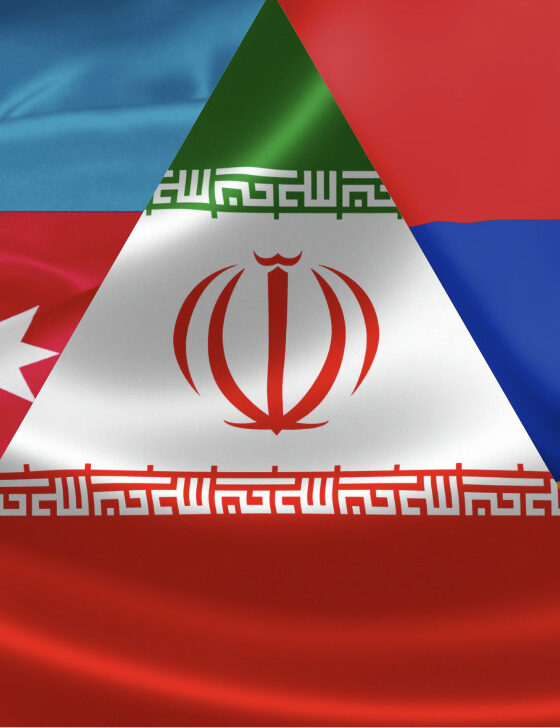Wednesday, April 9, 2025
1:00 p.m. – 2:15 p.m. (EST)
Israel has played a pivotal yet complex role in the Armenia-Azerbaijan conflict, primarily through military support for Azerbaijan, supplying over 65% of its weaponry, including drones and precision-guided missiles. This strategic partnership is driven by mutual interests: Azerbaijan provides Israel with oil and intelligence, while Israel bolsters Azerbaijan’s military, counterbalancing Iran. Despite historical Jewish-Armenian ties, realpolitik shapes Israel’s stance, as Armenia’s alignment with Iran and past reliance on Russia made it a less favorable partner. Additionally, Turkey’s Islamist shift under President Recep Tayyip Erdoğan has pushed Israel toward Azerbaijan. While some in Israel advocate for recognizing the Armenian Genocide, geopolitical considerations, particularly ties with Turkey and Azerbaijan, have prevented official recognition. Israel’s role in the Armenia-Azerbaijan conflict remains rooted in strategic considerations, and it is likely to continue supporting Azerbaijan while carefully managing regional diplomatic sensitivities.
This seminar will explore several questions at stake with the engagement of Israel in the South Caucasus. These include the role of Azerbaijani oil and gas in shaping Israeli foreign policy, the influence of pro-Armenian, pro-Turkish, and pro-Azerbaijani groups in Israel, and the impact of Turkey’s shifting stance. Finally, it will analyze the long-term implications of Israel’s military support for Azerbaijan for its ties with Russia and Iran.
Speakers:
Dr. Dahlia Scheindlin is a political analyst and a public opinion researcher who has advised on nine electoral campaigns in Israel and worked in 15 other countries over 25 years. She is a columnist at Haaretz (English) and a policy fellow at Century International. Dahlia conducts public opinion research for civil society organizations, including joint Israeli-Palestinian surveys. She holds a PhD in political science from Tel Aviv University; her thesis examined conflicts in Serbia-Kosovo, Armenia-Azerbaijan and Cyprus. She also holds a master’s degree from Harvard Divinity School; her writing has appeared in the New York Times, The Guardian, Foreign Affairs, Foreign Policy, The New York Review of Books, among other publications, and she is the author of The Crooked Timber of Democracy in Israel: Promise Unfulfilled, listed on Foreign Affairs’ Best Books of 2024.
Ahmad Alili is a researcher in international public policy and regional security of the South Caucasus, the Eastern Partnership countries, and neighboring regional powers. He is part of several peacebuilding initiatives supported by the EU, UN, and Partnership for Peace Consortium. Currently, he is the director of the Caucasus Policy Analysis Centre (CPAC), a Baku-based independent think tank promoting regional integration in the South Caucasus. He is also a lecturer at the Academy of Public Administration on the role of nonstate actors in regional security, geopolitics, public management, and good governance.
Alexander Iskandaryan is a prominent expert on politics, nationalism, and the contemporary history of Armenia, the South Caucasus, and Eurasia. He is a political scientist and the Director of the Caucasus Institute in Yerevan, Armenia. He has authored numerous works on these topics, presented papers, and has talked at numerous conferences.
Moderator:
Mikail Mamedov holds a PhD in History from Georgetown University, where he is also a Lecturer in History and the Liberal Studies Program of the School of Continuing Studies. His multiethnic Azeri-Armenian family arrived in the US back in 1996, in the wake of the outbreak of the Karabakh conflict. He holds an MA from The George Washington University and a Diploma in History from Moscow Lomonosov State University. He has authored numerous articles on the history of the Caucasus, and on contemporary literature and the Karabakh conflict.


